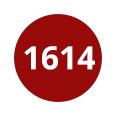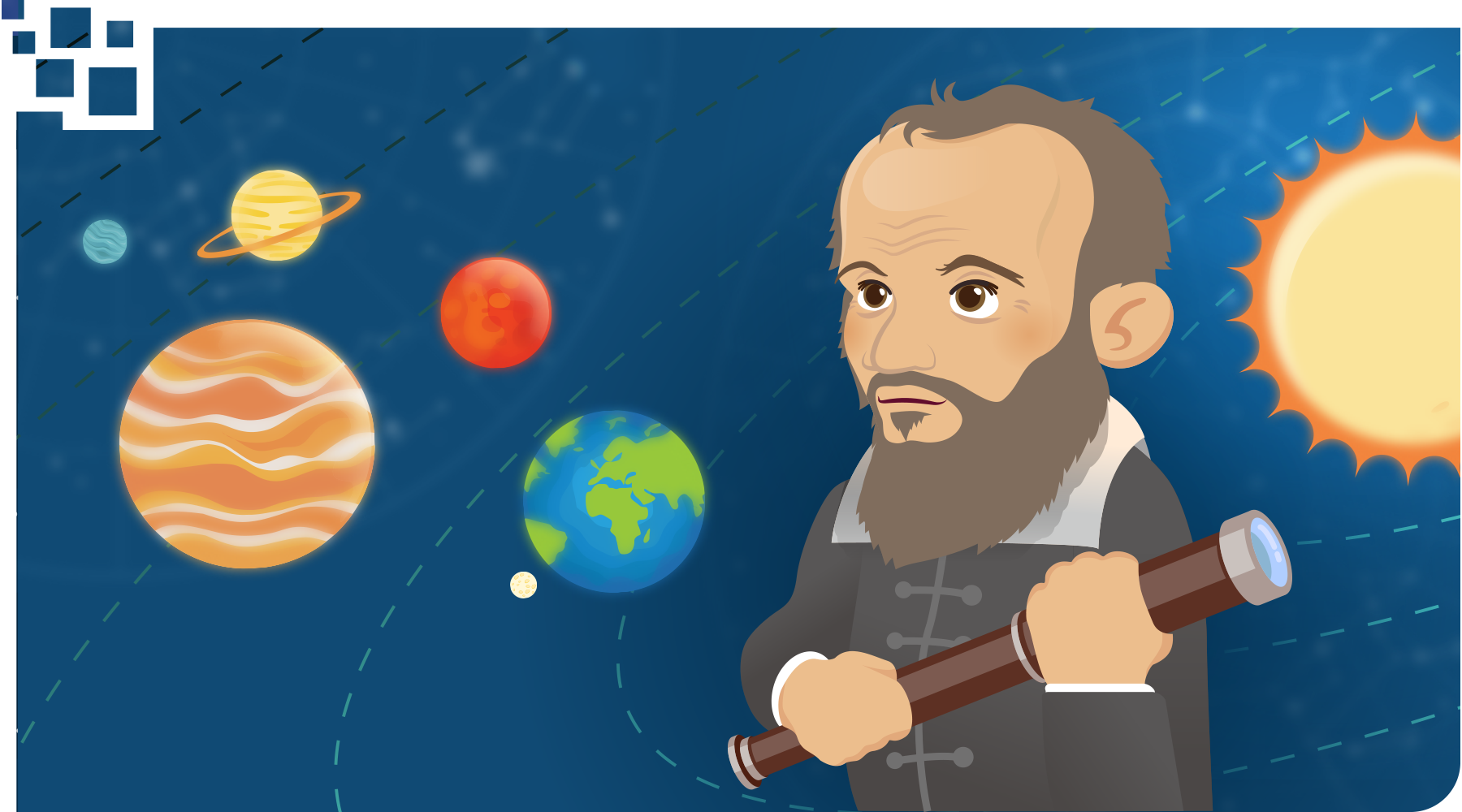

 astronomy,
astronomy,  physics and
physics and  philosophy.
philosophy.
 Early life
Early life

 Achievements
Achievements
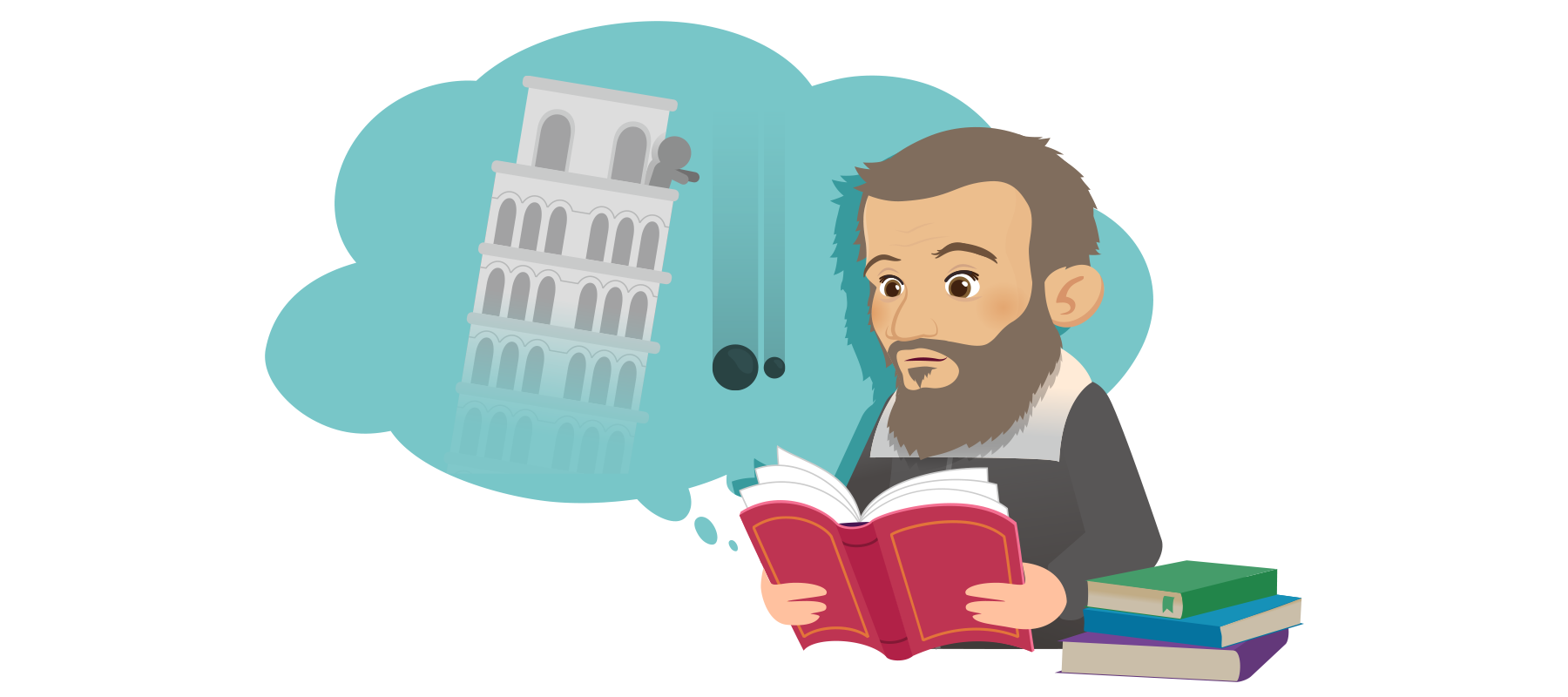

 professor of mathematics in 1592. He used scientific methods to do experiments. For example, he studied the speed of objects falling from the Leaning Tower of Pisa and proved that traditional beliefs were wrong.
professor of mathematics in 1592. He used scientific methods to do experiments. For example, he studied the speed of objects falling from the Leaning Tower of Pisa and proved that traditional beliefs were wrong.

 planets. He saw mountains and valleys on the
planets. He saw mountains and valleys on the  surface of the moon. He also saw sunspots and four largest moons of the planet Jupiter.
surface of the moon. He also saw sunspots and four largest moons of the planet Jupiter.
 Imprisonment
Imprisonment

 solar system. Although everyone supports the theory today, it was a different idea at that time. The Church was powerful at that time and considered his idea as
solar system. Although everyone supports the theory today, it was a different idea at that time. The Church was powerful at that time and considered his idea as  heresy. He was even stopped from teaching these theories.
heresy. He was even stopped from teaching these theories.

 published a book called "Dialogue Concerning the Two Chief World Systems" to explain the
published a book called "Dialogue Concerning the Two Chief World Systems" to explain the  arguments for and against the Copernican theory. He was accused of heresy by the Church again. He was sentenced to
arguments for and against the Copernican theory. He was accused of heresy by the Church again. He was sentenced to  life imprisonment and also forced to withdraw his support for the theory.
life imprisonment and also forced to withdraw his support for the theory.
 Death
Death
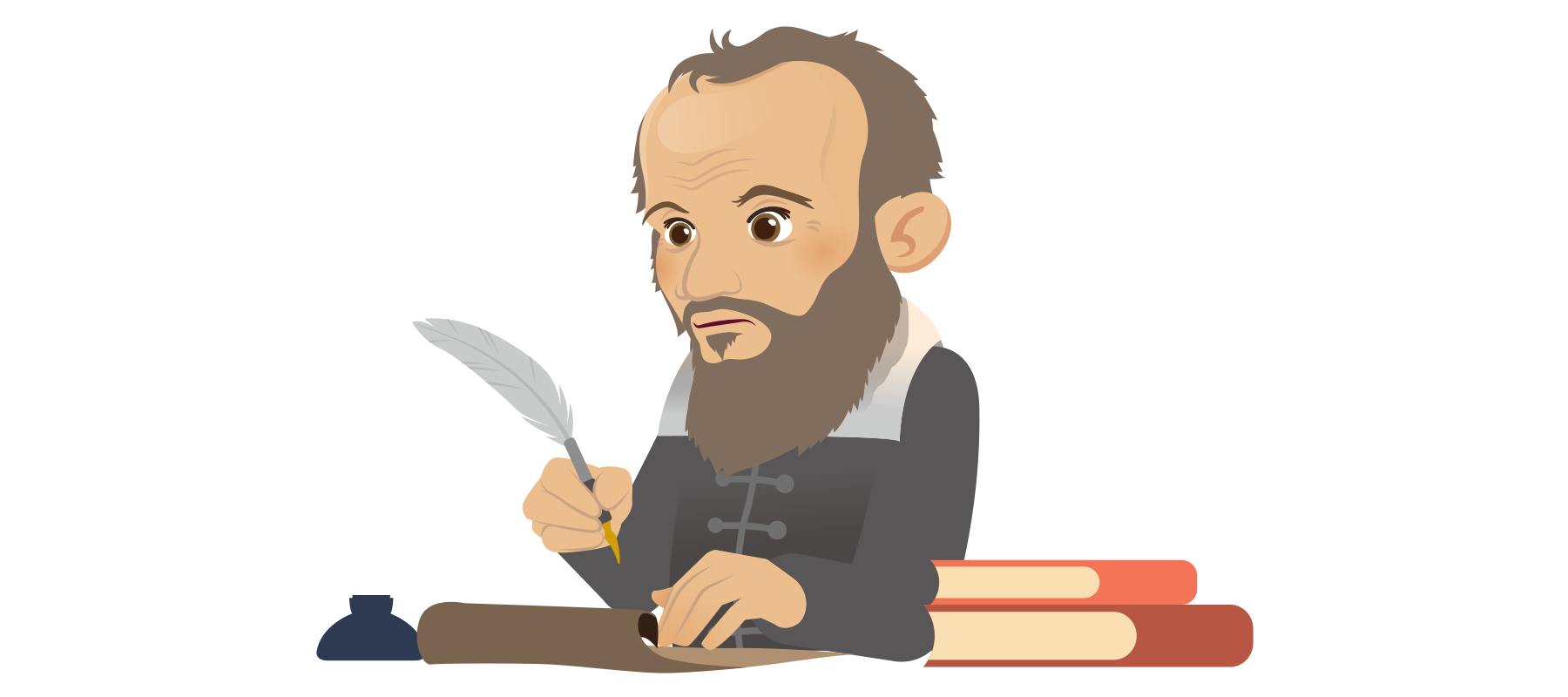

 Other information
Other information
The Copernican Theory is a theory introduced by a Polish astronomer called Nicolaus Copernicus. His study led to his theory that the Sun is the centre of the universe, and the planets orbit around it.
Suggested answers
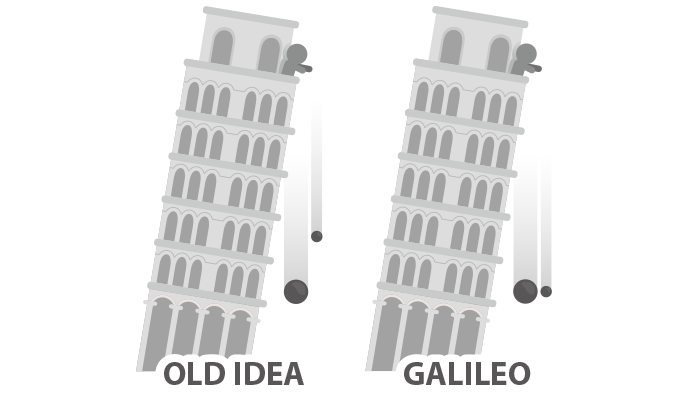
During the time of Galileo, people studied the works of classical philosophers and believed them to be true. However, Galileo tested the principles by doing experiments.
One traditional belief was that if you dropped two items of different weights, the heavier would land first. Galileo tested the idea by going to the top of the Leaning Tower of Pisa. It was found that balls with different weights landed at the same time.
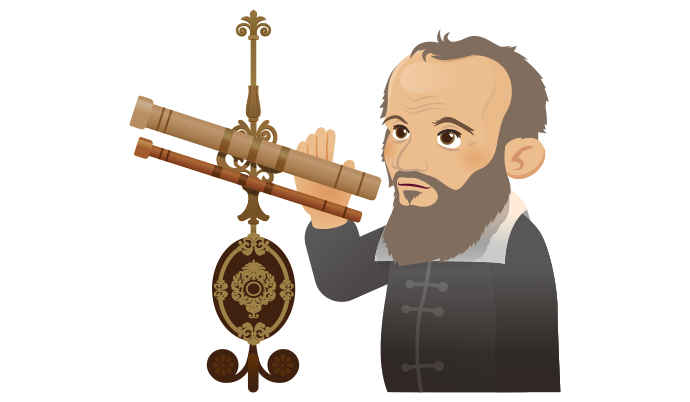
Galileo heard of an invention from Holland called the telescope that enabled the user to see objects from far away. So he built his own telescope. He made improvements to the telescope and began to use it to see the planets.
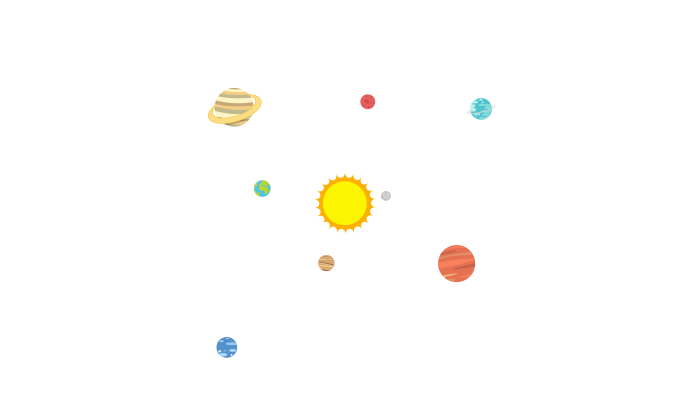
Copernicus was an astronomer who lived in the early 1500s. He came up with the idea that the Sun was the centre of the universe. However, most people thought that the Earth was the centre at that time. Galileo began to study Copernicus’ works and felt that his observations of the planets supported the view that the Sun was the centre.
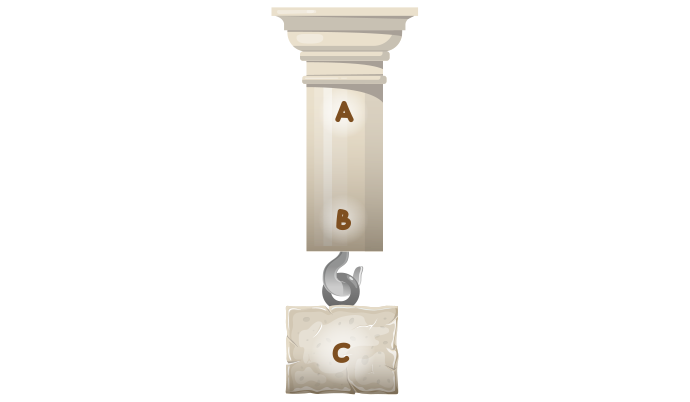
Galileo promoted the ideas on the laws of motion and the principles of mechanics in the book. He was then named "father of modern physics".
Suggested answers
Suggested answers

What kind of job did Galileo’s father do?

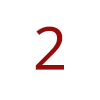
How did Galileo study the speed of objects falling from the Leaning Tower of Pisa?

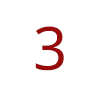
What could Galileo’s telescope be used to see?

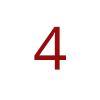
Why was Galileo in prison?

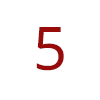
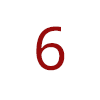
Part C
Complete the crossword puzzle below to revise the new vocabulary items you have learnt.
Down
| 1. | the study of the Sun, stars, planets, and other natural objects in space |
| 3. | the outside/outer part of something |
| 4. | It is a way of thinking about the world, the universe and society. |
| 8. | an extremely large, round mass of matter, such as Earth or Mars, that moves around the Sun or another star |
| 1 | ||||||||||||||||
| 3 | ||||||||||||||||
| 2 |   |
|||||||||||||||
| 4 | ||||||||||||||||
| 5 |   |
|||||||||||||||
| 6 |   |
|||||||||||||||
| 7 |   |
|||||||||||||||
| 8 |   |
|||||||||||||||
  |
||||||||||||||||
| 9 |   |
|||||||||||||||
  |
||||||||||||||||
  |
Across
| 2. | the study of matter and energy |
| 5. | a teacher especially at a college or university |
| 6. | the act of putting someone in prison as a punishment |
| 7. | a reason why you support or oppose an idea or suggestion |
| 9. | print and release a book for public sale |




